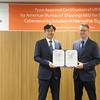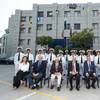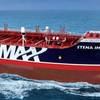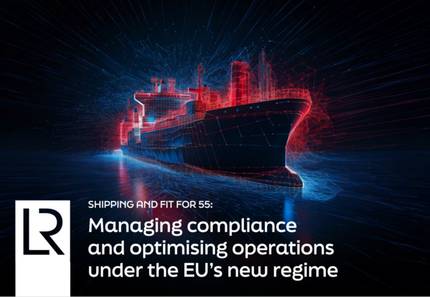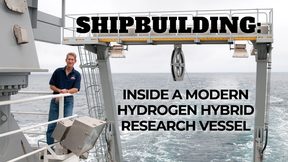The U.S. Coast Guard and Washington Department of Ecology will host a spill preparedness conference May 20-21 at the Jackson Federal Building in Seattle.
The two-day seminar is an opportunity to discuss the latest in spill-recovery theory and technology. The sessions focus on topics including remote oil sensing technology, sinking oils, software tools and best practices.
"In the response business, there is no room for complacency,” said Capt. Robert Pearce, chief of response, Coast Guard 13th District. “Knowing about the latest game-changing technology is important. Opportunities are everywhere. We need to continue to identify them."
The marine environment that dominates the Pacific Northwest is essential to the high quality of our lives. The balance between private and public interests in the waterways is constantly being tested and debated, because a potential for an oil spill always exists.
To stay current with groundbreaking ideas in oil spill recovery and preparedness, state and federal agencies and industry are constantly looking for advancements in the field. This conference is intended to provide a forum for collaboration and innovation.
Topics and expert speakers include:
- Subsurface Oil Detection and Mapping on Shoreline, Shallow Water and Inland Spills; Dr. Ed Owens, Principal/Coastal Consultants Ltd.
- Sinking Oil/The Tank Barge DBL-152 Response: Lessons Learned; Mr. Jim Elliott/T&T Bisso
- System Performance Considerations for Controlled Burning and Dispersants, Including Cold Climate Operations; Dean Dale/GENWEST and Al Allen/Spiltec
- Developments in Interactive Digital Situation Status and Common Operating Picture Display Processes; Fred LeJeune/ConocoPhillips
- New Capabilities in Aerial Remote Sensing for Real-time Tactical Use during Oil Spills, Dr. Jan Svejkovsky/Ocean Imaging




